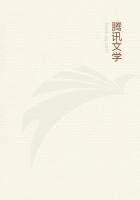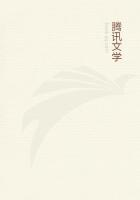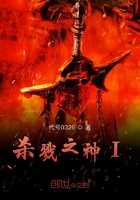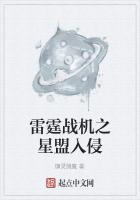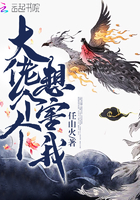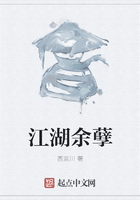Down the Pacific Slope The early days of October were spent in ****** preparations for the descent of the river,--the Kooskooskee. Here they made their canoes, and they called their stopping-place Canoe Camp. This was at the junction of the north fork of the river with the main stream; and all below that point is called the Lower Kooskooskee, while that above is known as the upper river. The latitude of the camp, according to the journal of the explorers, was 46'0 34' 56" north.
Here they buried in a cache their saddles, horse-gear, and a small supply of powder and musket balls for possible emergencies.
The Kooskooskee, it should be borne in mind, is now better known as the Clearwater; it empties into the Snake River, and that into the Columbia. As far as the explorers knew the water-course down which they were to navigate, they called it Clark's River, in honor of Captain Clark. But modern geographers have displaced the name of that eminent explorer and map-maker and have divided the stream, or streams, with other nomenclature.
On the eighth of October the party set out on their long water journey in five canoes, one of which was a small craft intended to go on ahead and pilot the way (which, of course, was unknown) for the four larger ones, in which travelled the main party with their luggage. They met with disaster very soon after their start, one of the canoes having struck a rock, which made a hole in its side and caused the sinking of the craft.
Fortunately, no lives were lost, but the voyage was interrupted.
The party went ashore and did not resume their journey until their luggage was dried and the canoe repaired.
On the ninth, says the journal:--"The morning was as usual cool; but as the weather both yesterday and to-day was cloudy, our merchandise dried but slowly.
The boat, though much injured, was repaired by ten o'clock so as to be perfectly fit for service; but we were obliged to remain during the day till the articles were sufficiently dry to be reloaded.
The interval we employed in purchasing fish for the voyage, and conversing with the Indians. In the afternoon we were surprised at hearing that our old Shoshonee guide and his son had left us and had been seen running up the river several miles above.
As he had never given any notice of his intention, nor had even received his pay for guiding us, we could not imagine the cause of his desertion; nor did he ever return to explain his conduct.
We requested the chief to send a horseman after him to request that he would return and receive what we owed him.
From this, however, he dissuaded us, and said very frankly that his nation, the Chopunnish, would take from the old man any presents that he might have on passing their camp.
The Indians came about our camp at night, and were very gay and good-humored with the men. Among other exhibitions was that of a squaw who appeared to be crazy. She sang in a wild, incoherent manner, and offered to the spectators all the little articles she possessed, scarifying herself in a horrid manner if anyone refused her present.
She seemed to be an object of pity among the Indians, who suffered her to do as she pleased without interruption."
The river was full of rapids and very dangerous rocks and reefs, and the voyagers were able to make only twenty miles a day for some distance along the stream. At the confluence of the Kooskooskee and the Snake River they camped for the night, near the present site of Lewiston, Idaho. This city, first settled in May, 1861, and incorporated in 1863, was named for Captain Lewis of our expedition.
From this point the party crossed over into the present State of Washington. Of their experience at their camp here the journal says:--"Our arrival soon attracted the attention of the Indians, who flocked in all directions to see us. In the evening the Indian from the falls, whom we had seen at Rugged rapid, joined us with his son in a small canoe, and insisted on accompanying us to the falls.
Being again reduced to fish and roots, we made an experiment to vary our food by purchasing a few dogs, and after having been accustomed to horse-flesh, felt no disrelish for this new dish.
The Chopunnish have great numbers of dogs, which they employ for domestic purposes, but never eat; and our using the flesh of that animal soon brought us into ridicule as dog-eaters."
When Fremont and his men crossed the continent to California, in 1842, they ate the flesh of that species of marmot which we know as the prairie-dog. Long afterwards, when Fremont was a candidate for the office of President of the United States, this fact was recalled to the minds of men, and the famous explorer was denounced as "a dog-eater."
The journal of the explorers gives this interesting account of the Indians among whom they now found themselves:--"The Chopunnish or Pierced-nose nation, who reside on the Kooskooskee and Lewis' [Snake] rivers, are in person stout, portly, well-looking men; the women are small, with good features and generally handsome, though the complexion of both ***es is darker than that of the Tushepaws. In dress they resemble that nation, being fond of displaying their ornaments.
The buffalo or elk-skin robe decorated with beads; sea-shells, chiefly mother-of-pearl, attached to an otter-skin collar and hung in the hair, which falls in front in two cues; feathers, paints of different kinds, principally white, green, and light blue, all of which they find in their own country; these are the chief ornaments they use.
In the winter they wear a short skirt of dressed skins, long painted leggings and moccasins, and a plait of twisted grass round the neck.
The dress of the women is more ******, consisting of a long shirt of argalia [argali] or ibex [bighorn] skin, reaching down to the ankles, without a girdle; to this are tied little pieces of brass, shells, and other small articles; but the head is not at all ornamented.

